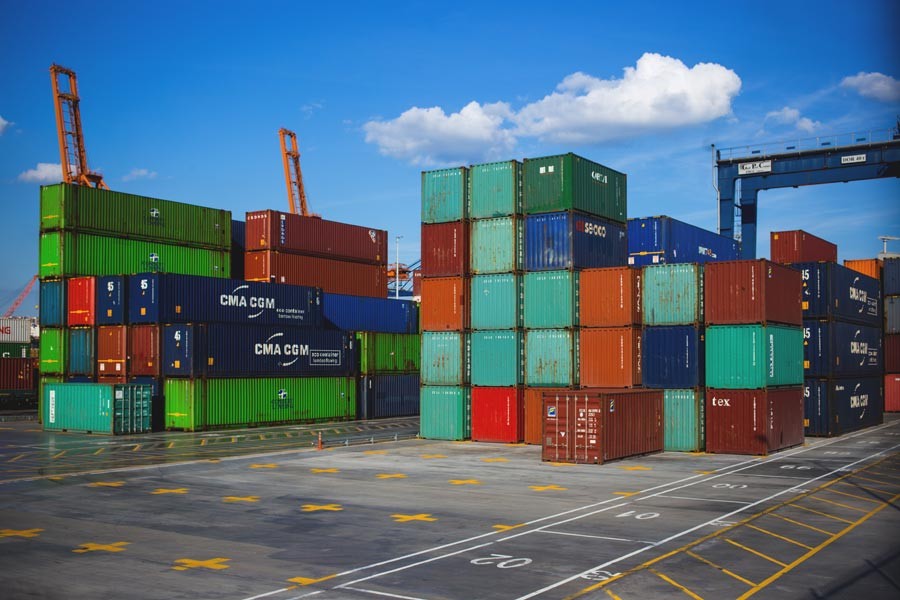The National Board of Revenue (NBR) deserves appreciation for its decision to introduce, from December next, a new system called Authorised Economic Operator (AEO) that would help expeditious delivery of goods to the importers concerned. But why the NBR needed more than six years to formulate the rules necessary for introduction of the system is not understood. Under the AEO mechanism that is in place in many other countries, the imported goods, instead of being examined at the ports of entry, on arrival, would go directly to the warehouses of the importers concerned. Customs people would do their part of work there. To make things easier, the bills of entry are submitted and duty paid before the consignments reach the ports. The facility is planned to be made available to all ports---land, sea and air.
All importers would not, however, be entitled to enjoy the facility. Only those business entities which have clean records in external trade transactions will be entitled have charters as AEOs from the NBR. Besides, the firms will have to meet certain requirements in areas of authorised capital, paid-up capital and annual external trade transactions to receive such charters.
Given the hassles the businesses usually face in getting their imported good released, the proposed system may prove a boon to them, provided it fulfils its avowed objectives. As of now, the importers are required to move from one table to another with documents to get their goods released from the ports and this practice eats up a lot of time and energy. Even the new system may face initial hurdles because of some legal lacunas or procedural complexities. However, those could be resolved with sincere efforts of both businesses and customs people.
The proposed system could be of great help to the port authorities. The ports often experience space shortage due to the delay in the delivery of imported consignments; by expediting their delivery, the AEO system will help solve this problem. At least, Chittagong seaport, Benapole land port and Hazrat Shahjalal International Airport are regular victims of congestion. Authorities are forced to keep goods in the open as enough space is not available to store them. The new system might help ease the congestion, to a certain extent.
The number of importers eligible to become AEOs may not be many at the initial stage. But this is a continuous process and their number is likely to increase as more and more businesses will be entitled to get AEO charters through their clean external trade transactions. Here is a note of caution. Many well-intended systems and methods fail here in Bangladesh to produce results or face enforcement problems, primarily because of lack of sincerity and seriousness on the part of parties involved.
In addition to ensuring expeditious delivery of goods and relieving the ports of congestion problem, at least partially, the AEO system, if applied well, would help cut the cost of doing business, which is pretty high in Bangladesh. The allegation of high cost has not been coming from the business community alone, international agencies have also highlighted the problem through a number of studies and research works. Thus, the proposed AEO system could prove to be a handy tool to reduce businesses' hassles and cost. It needs to be tried with utmost seriousness by all the stakeholders.


